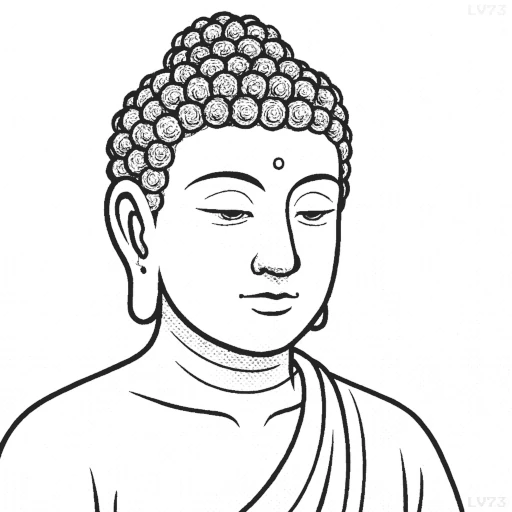“The mind is everything. What you think you become.”

- 7th century BC to 5th century BC
- Indian
- Religious leader, thinker
table of contents
Quote
“The mind is everything. What you think you become.”
Explanation
This quote emphasizes the centrality of the mind in shaping our reality and our identity. It suggests that the thoughts we entertain—whether positive or negative—ultimately define who we are and how we experience life. Our beliefs, attitudes, and perceptions all originate from the mind, and by changing our thinking, we can transform our lives. What we focus on, whether it be success, peace, love, or negativity, eventually manifests in our actions and our personal growth. In essence, the mind is the root of everything we create in our lives.
In modern life, this quote serves as a reminder to cultivate a mindset that aligns with the outcomes we wish to achieve. If we focus on positive thoughts, self-belief, and mindfulness, we are more likely to become the kind of person we aspire to be. For example, someone who constantly thinks about their goals and maintains a positive attitude is more likely to take actions that lead to success, whereas someone who is fixated on failure or doubt may subconsciously sabotage their own efforts.
Historically, Buddha’s teachings align with the idea that mind is the key to overcoming suffering and achieving enlightenment. According to Buddha, the mind is the source of both our suffering and our liberation. By training the mind through practices such as meditation and mindfulness, we can overcome negative patterns of thought and cultivate a peaceful, balanced mind. Buddha’s teachings emphasize that if we can master our thoughts, we can master our lives, ultimately leading to a deeper understanding of truth and freedom.
Would you like to share your impressions or related stories about this quote in the comments section?
